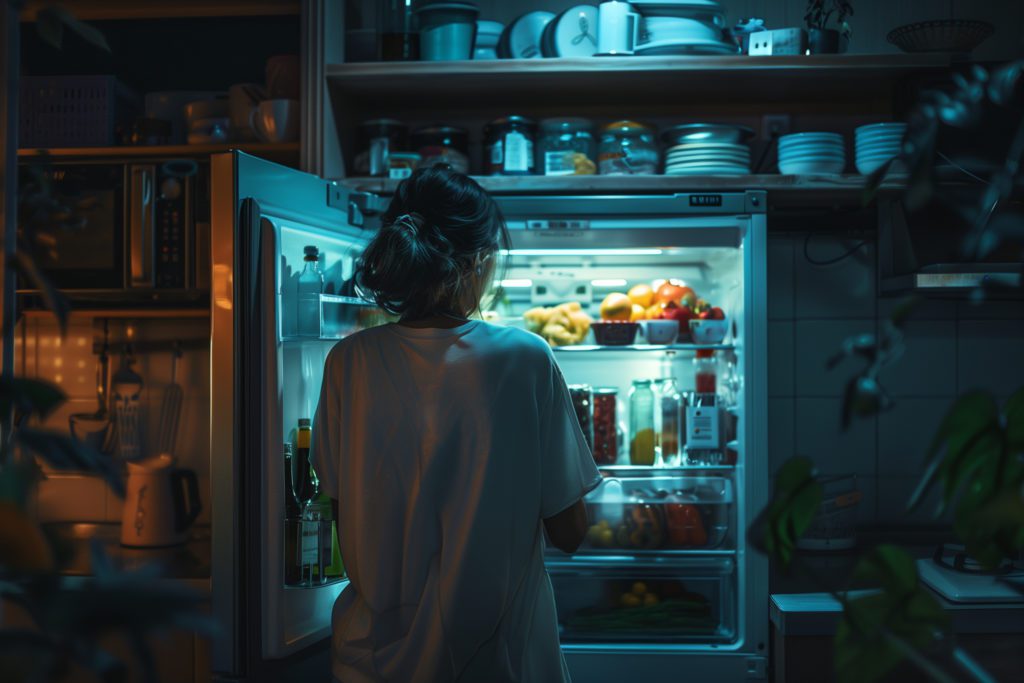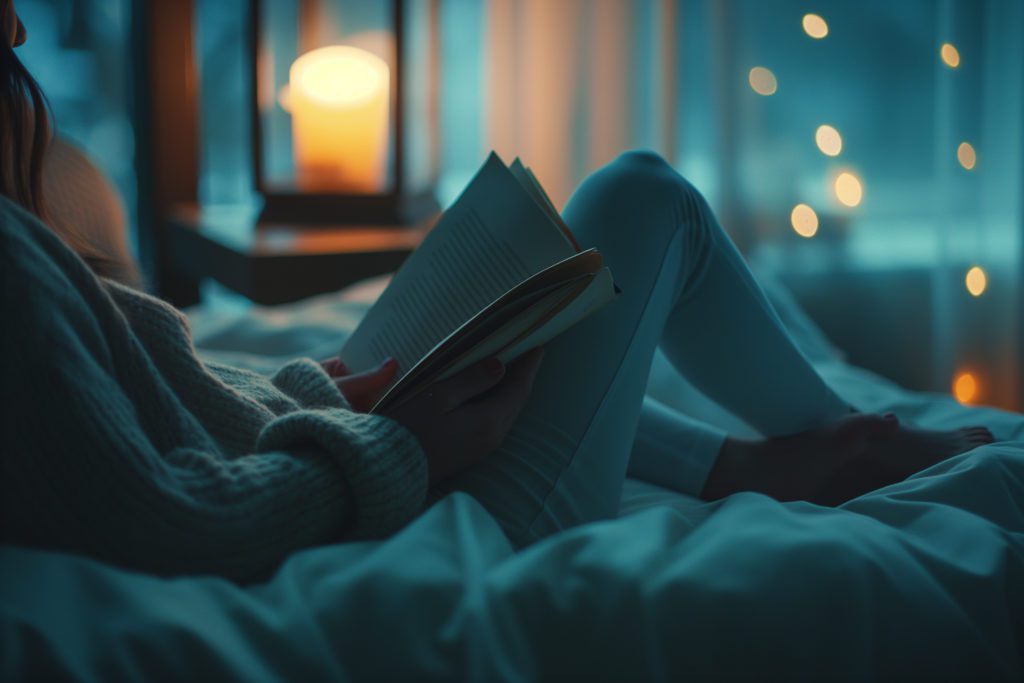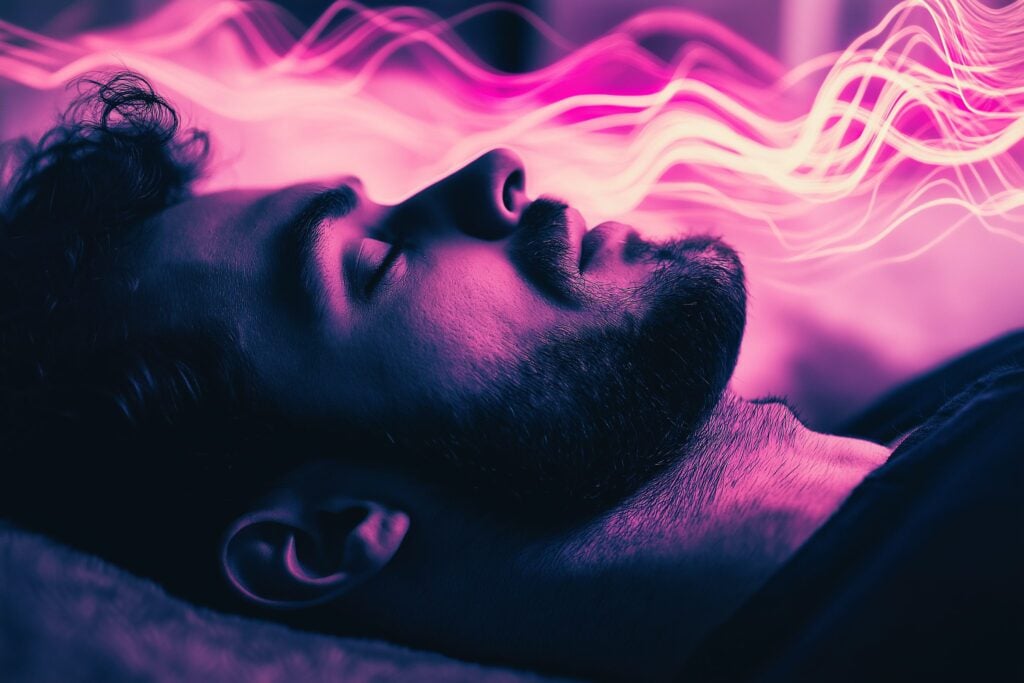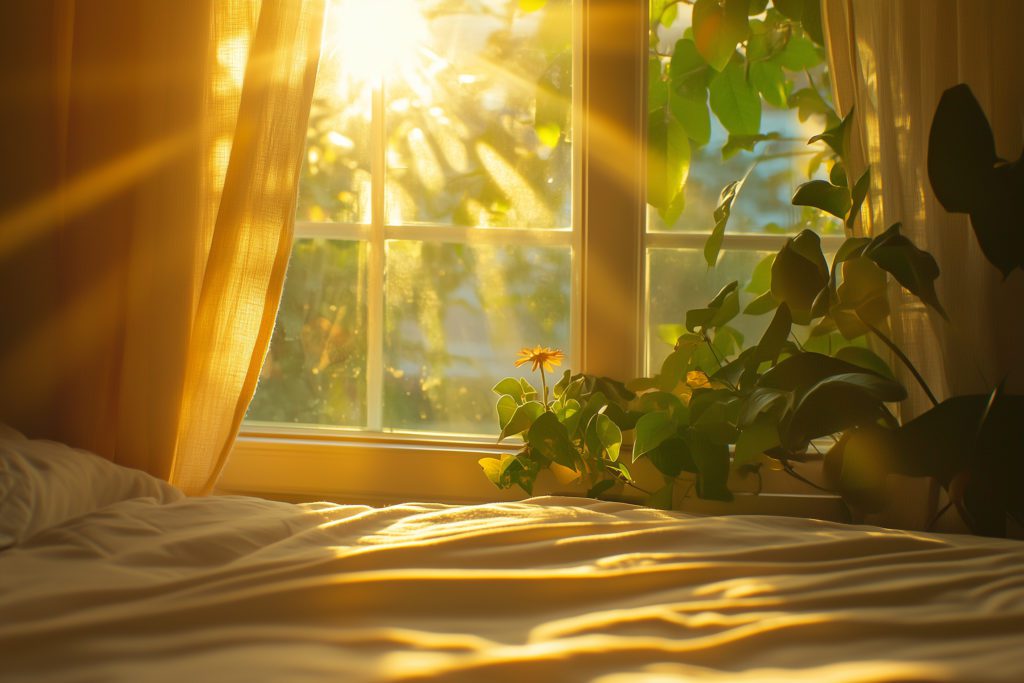
Alcohol, Late Dinners, and Sleep: Managing Weekend Socializing for Better Rest
Weekend socializing brings along alcohol, late meals and nights, and less movement, which can impact sleep. Explore tips for finding a balance.

Is your weekend full of plans? Dinners, sporting events, celebrations—all of these can fill our weekends with hours spent in the company of others. Yet, while these events replenish our socialization needs and serve as the foundation of fond memories, they can also impact our sleep.
Not only can weekend socializing lessen the amount of sleep we get, but it can shift our sleeping schedule and result in poorer quality of sleep. The result? You socialized but now feel drained for days to come.
Weekend socialization doesn’t have to come with this cost, though. Once you realize which habits influence your sleep, you can address and avoid them, modifying your socialization so that your sleep doesn’t have to suffer.
Weekend Sleep Disruptors
Weekends are a time to let loose and get a much-needed break from the workweek, but can your weekend activities worsen your sleep? The short answer is yes; let’s see how.
Drinking Alcohol
Alcohol is a common accompaniment to social outings, and even though you may feel sleepy after drinking alcohol, research shows that it can interrupt your REM sleep later on in the night.
REM sleep is a time when you get deep, restorative sleep, and interruptions may mean that, even if you’re getting enough sleep, it isn’t of good enough quality. What does this mean for you? It means that the morning after drinking, you’re tired.
Late Dinners
Have you met up with friends or family for a bite to eat and found yourself talking late into the night? While these activities fill your social meter, eating too late at night means that the muscles responsible for digesting your food have to work when they should be resting, which can make it harder to fall asleep and keep you from getting good, deep sleep.
Women, in particular, may be more susceptible to the negative effects of late-night eating on their sleep.
Sedentary Socialization
Catching up with a friend or loved one while sitting down, whether in a living room or restaurant, can be great fun, but when you’re sedentary all day, you may be doing your sleep a disservice.
Physical activity is a crucial component of promoting a good night of sleep, so if you decide to laze around after a late night, you may find that your subsequent nights are harder.
Late-Night Activities
Whether you’re staying late at a friend’s house or going out until the early morning hours, weekend activities that extend past your normal bedtime can severely impact your sleep for days to come.
Not only can staying out late impact how much sleep you get, but the sleep you get will likely be lower quality because it will be misaligned with your circadian rhythm. This case is truly a lose-lose situation.
The Weekend’s Week-Long Impact
Just because you keep these sleep disruptors to the weekend doesn’t mean that their impact on your sleep is confined to the weekend—often, our weekend habits can disrupt our sleep all week. By the time we’re regulated again, it’s the weekend, and the cycle starts all over.
Your circadian rhythm is the biggest reason why your weekend habits can affect your week. Circadian rhythm is the 24-hour internal clock that controls our sleep-wake cycle, and it likes regularity, so much so that any disruption can throw it out of whack, and it often takes time for it to get back to normal.
When you stay up late on the weekend, even if you sleep in to compensate, you’re throwing off your circadian rhythm because you’re shifting your sleep-wake times. The result is similar to jet lag: you’re tired, drowsy, slower moving, and often irritable, even if you got the same amount of sleep.
Even more, when you shift your circadian rhythm, it can take time for you to get it back to where it was, yet when Sunday night rolls around, you need to get to sleep early to be well-rested by the time your alarm goes off Monday morning. However, if you’ve been staying up late, your body may not be ready for sleep at your bedtime because your circadian rhythm has not produced enough melatonin, the sleepiness hormone. Without enough melatonin, sleep can be hard to come by, which can cause sleep deprivation come Monday morning, something which may only grow with each sequential day.
In short, your weekend habits can influence how your sleep during the week goes, so be sure to prepare accordingly.
Don’t Let Socialization Affect Your Sleep
Socialization is a crucial component of a good quality of life, with socialization offering the ability to improve your mood and give you something to look forward to. Knowing this, don’t sacrifice your social life for the sake of getting more sleep. However, there are some alterations that you can make so that weekend socialization doesn’t impact your sleep as much.
Smart socialization habits include:
- Stop drinking alcohol a few hours before bed. By cutting off your alcohol a few hours before bed, you give your body time to process the alcohol before you go to sleep, which can lessen its impact on your sleep.
- Drink less. Of course, another solution related to alcohol is to drink less, as that means the effect of alcohol will not be as dramatic.
- Combine socialization with exercise. You may want to laze your weekend away, but research continually shows that exercise is a key to good sleep quality. However, the weekend offers you time to make exercise more fun. Team up with a friend and explore the outdoors, attend a class together, or catch up as you walk around your town or neighborhood. The opportunities are endless, and you can combine socialization and exercise to form memories you’ll treasure.
- Meet for lunch or an early dinner. You can still meet your friends or family for a meal but suggest an earlier one, such as lunch or an earlier dinner. This way, you don’t have to worry about eating too close to bed, and you can ensure your body is finished digesting by the time you’re ready to go to sleep.
- Have a socialization cut-off. When you can, keep your socialization to a reasonable time so that you can get home in time to meet your normal bedtime. You can still socialize; just do it during the day, not at night.
Socialization is a vital part of your livelihood, and the weekend is often the best time to get it in since we have more time in our day. However, be sure to follow these suggestions if you don’t want to sacrifice your sleep to have fun on the weekend—when you find the proper balance, you can socialize and sleep on the weekend.
When your weekend sleep remains consistent, you’ll find that your weeks pass easier because you won’t be fighting sleep deprivation and a misaligned circadian rhythm.
Ultimately, if you’re unable to shift your social commitments—which should be expected from time to time, life happens!—make sure to get back on schedule the next night and avoid two late nights in a row. The sooner you get your sleep back on track, the sooner your circadian rhythm will find its groove again.
FAQ
What is 'social jetlag,' and how does it impact sleep?
Social jetlag occurs when late-night socializing shifts your sleep schedule, causing misalignment with your natural circadian rhythm. This leads to fatigue, reduced concentration, and difficulty waking up on work or school days. Chronic social jetlag can increase the risk of long-term health issues.
How does 'revenge bedtime procrastination' relate to socializing?
This occurs when people delay sleep to reclaim personal time lost to social or work obligations. After a packed social schedule, individuals may stay up late socializing, watching TV or browsing their phone instead of sleeping, leading to sleep deprivation the next day.
How does maintaining a consistent sleep schedule benefit social interactions?
A regular sleep schedule improves mood, memory, and energy levels, making social interactions more enjoyable. Well-rested individuals are more patient, communicative, and engaged in conversations, whereas sleep-deprived individuals may feel irritable or struggle with focus.
Can late-night socializing lead to 'all-nighters,' and what are their effects?
Social events can push bedtimes later, sometimes leading to all-nighters. Sleep deprivation affects cognitive function, weakens the immune system, and impairs decision-making. Frequent all-nighters can lead to chronic fatigue, reduced productivity, and long-term health risks.
How can introverts manage social fatigue to maintain healthy sleep patterns?
Introverts may feel drained after prolonged socializing, making relaxation essential before bed. Creating a calming routine—such as reading, journaling, or meditating—can help recharge. Setting boundaries on social plans and ensuring alone time can also prevent overstimulation and support better sleep.
Is it bad if I go to bed when it's already morning after a night out?
Occasionally going to bed in the morning after a night out isn’t harmful, but frequent disruptions to your sleep schedule can negatively impact your health. Irregular sleep patterns can lead to fatigue, weakened immunity, and difficulty concentrating. Alcohol, late-night eating, and artificial light exposure can disrupt sleep. If this happens, try to recover by getting enough rest the next night and maintaining a consistent sleep schedule moving forward.

Written by
Jessica G
Medical writer freelancer who has written hundreds of articles on varying topics. Masters of Engineering degree in Biomedical Engineering.
Download Pillow
Get help
Press & News
Legal
Connect
X (Twitter)
Company
Copyright © Neybox Digital Ltd.



